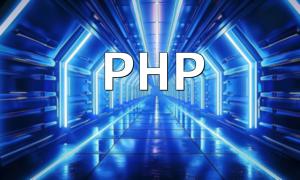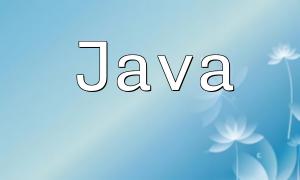In modern web development, combining the capabilities of C language and PHP can significantly enhance system performance. C excels at low-level computation and resource control, while PHP is well-known for rapid development and easy deployment in web applications. Integrating the two allows you to leverage the strengths of both.
C language performs exceptionally well in performance-critical applications, especially for computation-intensive or hardware-related tasks. PHP is ideal for quickly building web applications. Their integration enables improved performance without sacrificing development efficiency.
By creating a PHP extension, you can call C functions directly from PHP. This approach allows complex logic, originally implemented in C, to be flexibly invoked by PHP code, improving overall system performance and maintainability.
Here are the key steps to achieve C and PHP interface integration:
# Step 1: Install PHP development environment
sudo apt-get install php-dev
# Step 2: Create the basic structure of the extension
mkdir my_extension && cd my_extension
touch my_extension.c config.m4
# Step 3: Edit config.m4 to set extension information
PHP_ARG_ENABLE(my_extension, whether to enable my_extension,
[ --enable-my_extension Enable my_extension support])
# Step 4: Write C code to implement functionality
void my_function() {
php_printf("Hello from C!\n");
}
# Step 5: Write the PHP interface
PHP_FUNCTION(my_function) {
my_function();
}
# Step 6: Compile the extension
phpize
./configure --enable-my_extension
make
sudo make install
# Step 7: Add extension to php.ini
extension=my_extension.soAfter writing the extension, test its functionality in PHP:
my_function(); // Call the function from CIf the output matches the expected result such as “Hello from C!”, the extension is successfully integrated.
During development and deployment of C extensions, keep these points in mind:
Memory management: Ensure proper allocation and freeing of dynamic memory in C code to avoid memory leaks.
Error handling: Implement comprehensive error detection and return mechanisms to prevent crashes.
Performance testing: Regularly perform benchmarks to identify bottlenecks and continuously optimize core modules.
Integrating C modules with PHP injects powerful computing and processing capabilities into web systems. This approach is especially suitable for performance-critical logic such as image processing, data encryption, and network communication. We hope this guide provides useful reference and guidance for your development practice.









